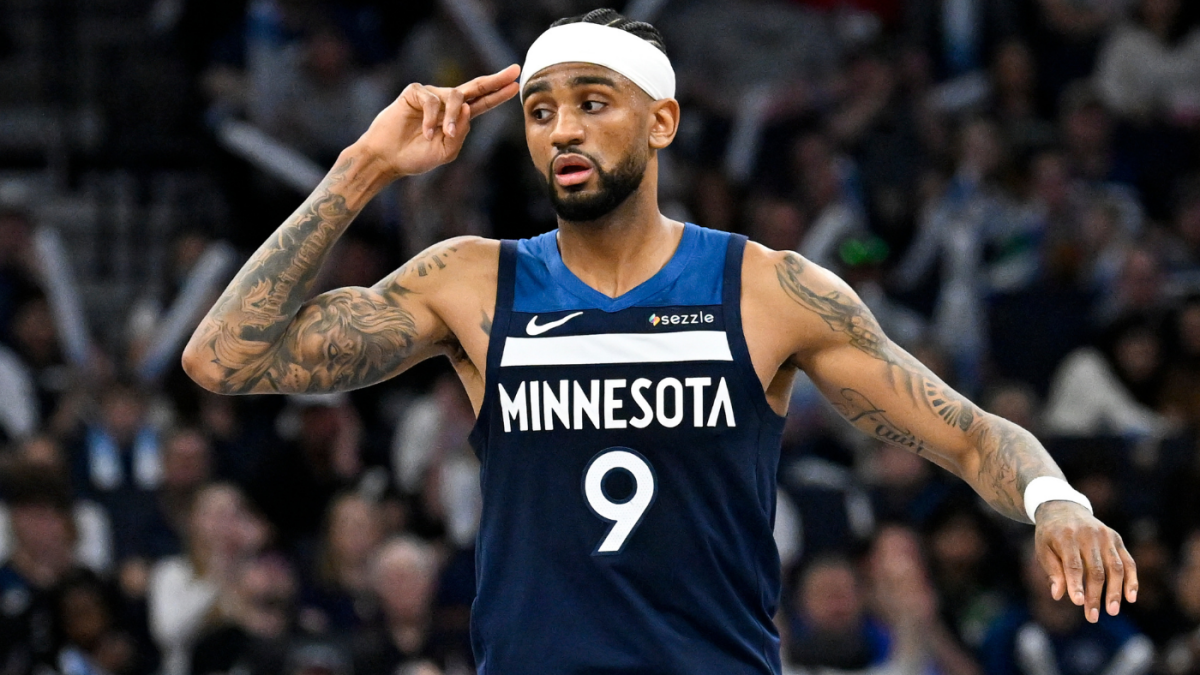The Atlanta Hawks’ acquisition of Nickeil Alexander-Walker in the 2025 NBA free agency period is a strategic move that underscores the franchise’s commitment to building a competitive roster. This acquisition is part of a broader offseason strategy that includes the signing of Kristaps Porzingis and the accumulation of valuable draft assets. The Hawks’ ability to navigate the complexities of the NBA salary cap and luxury tax thresholds while securing key players demonstrates their financial acumen and long-term vision.
Nickeil Alexander-Walker, a 26-year-old guard, brings a versatile skill set to the Hawks. His ability to play both guard positions, shoot from long range, and defend multiple positions makes him an ideal fit for Atlanta’s roster. The four-year, $62 million contract, structured through a sign-and-trade deal, includes a player option and a trade kicker, providing the Hawks with financial flexibility while committing to Alexander-Walker’s development. This deal also allows the Minnesota Timberwolves to retain Naz Reid and Julius Randle, prioritizing their core players over retaining Alexander-Walker.
The Hawks’ offseason strategy is a blend of immediate competitiveness and long-term flexibility. By acquiring established players like Alexander-Walker and Porzingis, the Hawks are positioning themselves to compete in the short term. Simultaneously, the accumulation of draft assets, including an unprotected 2026 pick from the New Orleans Pelicans, ensures that the team can continue to build through the draft. This dual approach allows the Hawks to balance the need for immediate success with the long-term development of the roster.
The NBA landscape is increasingly characterized by creative salary cap strategies. Teams are utilizing trade exceptions, sign-and-trade deals, and other financial tools to navigate the constraints of the salary cap and luxury tax. The Hawks’ acquisition of Alexander-Walker is a prime example of this trend. By leveraging trade exceptions and structuring the contract to avoid luxury tax penalties, the Hawks have demonstrated their ability to maximize roster quality without excessively inflating payroll.
However, the acquisition of Alexander-Walker is not without its challenges. His consistency as a primary backcourt player remains a question mark, and integrating him into a team centered around Trae Young’s playstyle may require adjustments. Additionally, the substantial contract commitment could impact the Hawks’ future financial flexibility. Injuries or dips in performance could also affect the team’s overall plans.
The broader implications of this acquisition extend beyond the Hawks. It solidifies their reputation as a proactive and strategically savvy franchise. For the NBA free agency landscape, the deal highlights the importance of mid-level star players and the use of sign-and-trade mechanics in shaping team fortunes. Other teams can look to the Hawks’ approach as a model for balancing flexibility with competitiveness.
In conclusion, the Atlanta Hawks’ acquisition of Nickeil Alexander-Walker is a calculated move that reflects the franchise’s strategic vision. By securing a versatile guard on a tailored contract, the Hawks are bolstering their backcourt depth and adding a valuable piece to their competitive puzzle. This move, combined with other offseason maneuvers, positions the Hawks for sustained contention in the NBA. The success of this approach will depend on Alexander-Walker’s integration, the Hawks’ ongoing roster management, and the broader dynamics of talent acquisition across the league. As the 2025 NBA free agency period unfolds, the Hawks’ proactive strategy serves as a model for other franchises aiming to build competitive rosters while maintaining financial flexibility.











